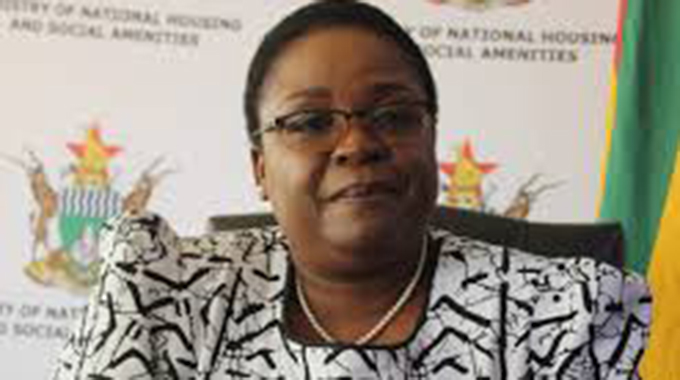Staff Reporter
The development of smart cities in Zimbabwe has been identified as a national priority, with Public-Private Partnerships (PPPs) being crucial to the success of the initiative.
Government has reaffirmed its commitment to modernising urban infrastructure through the promotion of smart city initiatives that align with global trends.
Speaking at the Infrastructure and Construction Summit held in Nyanga recently, Deputy Minister of National Housing and Social Amenities, Musa Ncube, emphasised the role of PPPs in achieving the country’s vision for smart cities.
She highlighted that the development of smart cities is a strategic move to address several urban challenges and improve the living standards of residents.
“The development of smart cities helps to alleviate developmental challenges affecting the country in terms of housing, infrastructure development, and improving residents’ social status, including economic opportunities. Additionally, it helps to decongest the big cities and address the seventeen Sustainable Development Goals, fostering inclusive development that leaves no place and no one behind,” said Minister Ncube.
She added that these efforts are in line with the Zimbabwe National Human Settlements Policy, the National Development Strategy 1, and Vision 2030.
“To unlock the potential of smart cities, Government plans to develop a comprehensive Smart City Strategy that will include fostering collaborative public-private partnerships, investing in ICT infrastructure, and enhancing skills development. The aim is to drive economic growth, innovation, and sustainable development,” remarked Minister Ncube.
CEO of Zimbuild Property Investments, Dr. Tinashe Manzungu, highlighted that the construction industry has welcomed the government’s incentives to promote smart city projects.
“A construction rebate system has been introduced, which allows developers to import over 80 products, including tar, without paying duties, provided the imports are used for smart city development. However, locally produced cement is not included under this rebate scheme.
“We have a new law promoting investments in smart cities. You can import more than 80 products, including tar, and reclaim your duty. This only applies to smart city development. This is a motivator for local authorities to start developing smart cities, and it’s a plus for construction operations,” said Dr. Manzungu.
Government is also working on regularising dysfunctional settlements across the country as part of its broader strategy to promote the development of smart cities.
The Presidential Title Deeds and Settlement Regularisation Programme is being rolled out to ensure residents in these areas have legal title to their properties, a step seen as essential to orderly urban development.
Through strategic public-private partnerships, investments in technology, and infrastructure, Zimbabwe aims to drive economic growth and innovation while improving the quality of life for its citizens.




